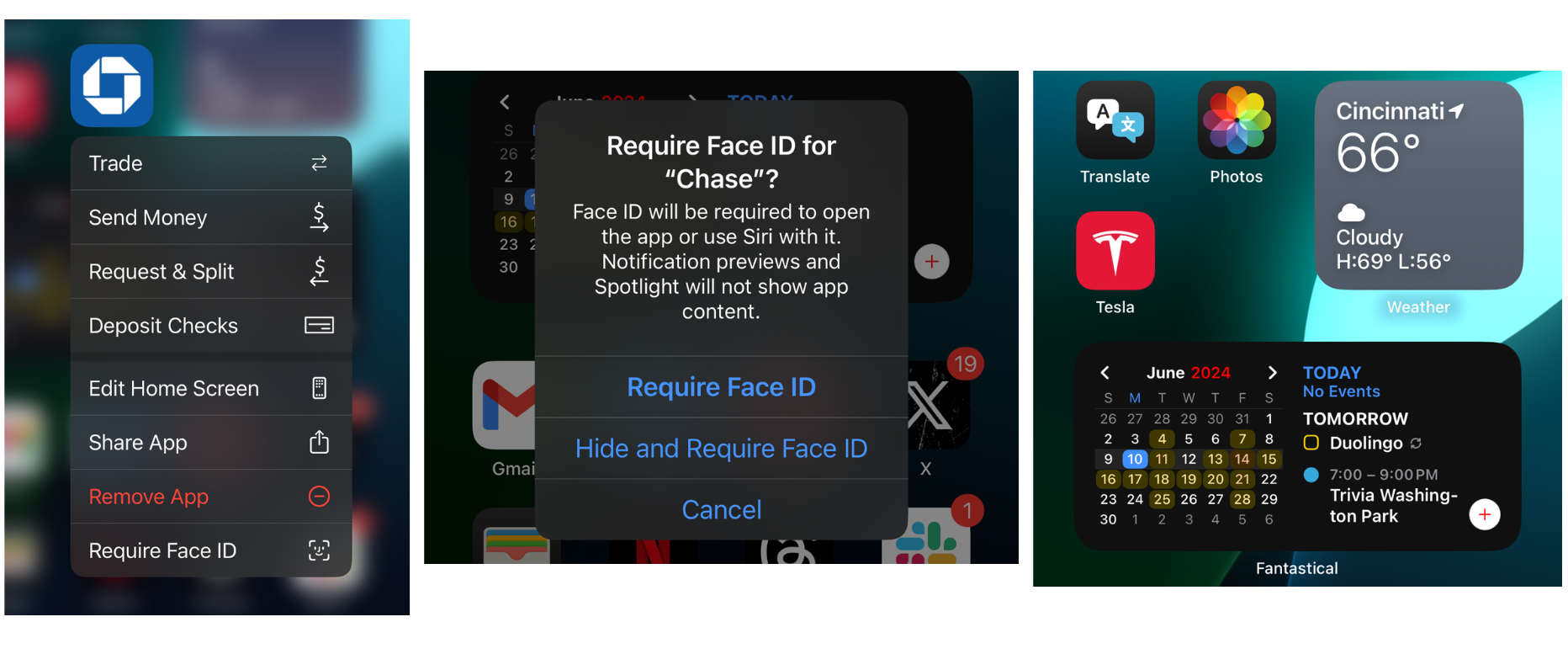9to5 Mac: iOS 18 includes these new privacy features: Lock and hide apps, improved contact permissions, more
Private Cloud Compute
Apple Intelligence (AI) is Apple’s entry into the hottest emerging trend of 2024: artificial intelligence (AI). See what they did there? Apple Intelligence consists of a suite of features aimed at being powerful, intuitive, integrated, personal, and private.
Even today, iPhone, iPad, and Mac aren’t powerful enough to support all the AI models users need locally. So Apple Intelligence does something rather clever. Whenever you use a feature like Siri in iOS 18, it will use a combination of on-device and server-based generative AI models to handle requests. Anything outside of Siri’s knowledge is picked up and handled securely in the cloud.
This process is called Private Cloud Compute. “When a user makes a request, Apple Intelligence analyzes whether it can be processed on device. If it needs greater computational capacity, it can draw on Private Cloud Compute, which will send only the data that is relevant to the task to be processed on Apple silicon servers. When requests are routed to Private Cloud Compute, data is not stored or made accessible to Apple, and is only used to fulfill the user’s requests.”
Lock and hide apps
In iOS 18, Apple took a note from the Photos app and now allows users to lock or hide any application on the home screen. The app will remain hidden everywhere except for an area in Settings and a hidden apps folder, which both require Face ID, Touch ID, or a passcode to open.

Apple claims this allows users to safeguard sensitive content from accidental exposure when sharing their devices or showing their screens to others.
- Here’s how it works:
- Press and hold on any app
- Select Require Face ID
- Then choose between Require Face ID or Hide and Require Face ID
The latter will remove the app from your home screen altogether and place it in a hidden apps folder at the bottom of your last apps page
Contacts permission improvements
Passwords app
Now, in iOS 18, passwords have a dedicated app called Passwords. Apple hopes this change will make password management more convenient for its users. Similar to 1Password, stored passwords can be accessed from any signed-in Apple device. You can even access your stored passwords on Windows via the iCloud for Windows app. Passwords will also come with some rather competitive features.
Get in touch
-
admin@inv-network.org
About Us
1. Your seat may be transferred to another attendee from your agency at no additional cost.
2. Your seat may be moved to our next available training date, even if it is in another location.
3. You can be granted 1 year's worth of access to our skills center and all the training it contains.
